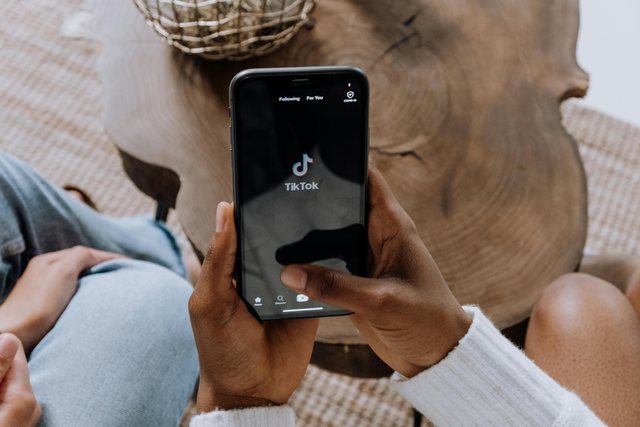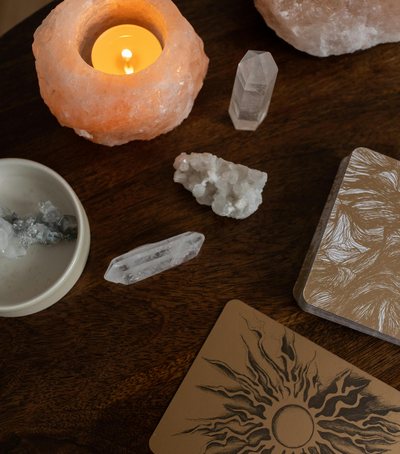
The era of validation
Never before in history have people lived under so much scrutiny. In the digital world, every thought, photo, and moment can be measured by numbers: likes, followers, comments. And unconsciously, these numbers have begun to shape the way we see ourselves.
What was once appreciation from close friends is now immediate public judgment, which directly impacts self-esteem and sense of belonging.
Biological mechanism of approval
In the brain, each "like" activates the reward system - dopamine, the same neurotransmitter that evokes pleasure from success, love, or even chemical addiction.
The more approval we receive, the more our brains want to repeat the behaviors that produce it. This creates a cycle of approval addiction: we feel good when we are liked, empty when we don't get a response.
In the long run, this mechanism affects the emotional structure of self-esteem, shifting it from the inside to the outside.
Social networks like a distorted mirror
Social media functions as selective mirrors: we only show the best version of ourselves, and we see the curated versions of others. This creates a distorted reality where value equates with visibility, not authenticity.
When we follow others who seem happier, more beautiful, or more successful, our brains activate the sense of social comparison, producing anxiety, insecurity, and feelings of inadequacy.
Instead of using technology for expression, it often uses us for validation.
Identity measured by "likes"
For younger generations, self-identity is being shaped under the pressure of virtual feedback. What happens when a post doesn't get enough likes?
Many people experience digital microrejections – feelings of rejection that, when repeated, create small emotional wounds.
When the way we perceive ourselves depends on the screen, identity becomes fragile, because its source is no longer consciousness, but the opinion of the crowd.
How to break free from approval addiction
Get back to real values. Remember that likes do not measure your authenticity.
Create more than you consume. Self-expression is food for the soul; comparison is poison to self-esteem.
Limit digital exposure. A day without screens is healthy exercise for the brain and inner peace.
Nurture real connections. A real conversation, a hug, a look in your eye – they have more power than a thousand virtual reactions.
Addiction to approval is a symptom of an age that measures love with algorithms. But likes can’t replace a sense of intrinsic worth.
Sustainable self-esteem is not born from what others give us, but from what we know how to give ourselves.
In the end, true liberation comes not from numbers on the screen, but from the ability to calmly say: “Even without approval, I am enough.”
Photo by cottonbro studio: https://www.pexels.com/photo/person-holding-black-android-smartphone-5081930/





